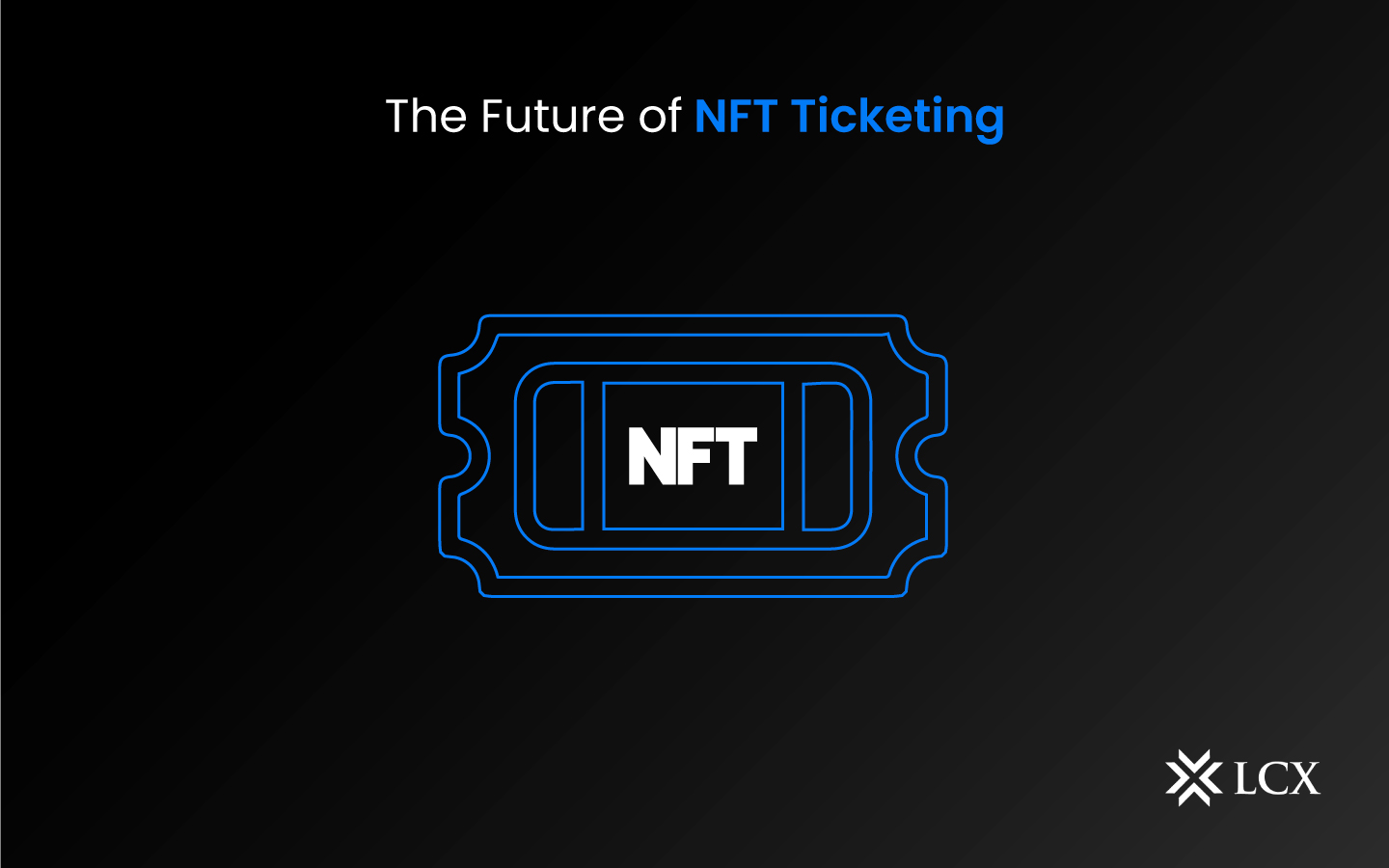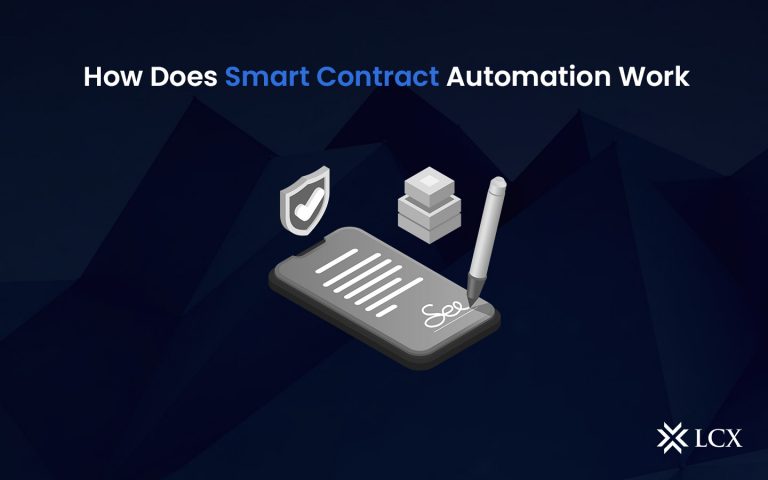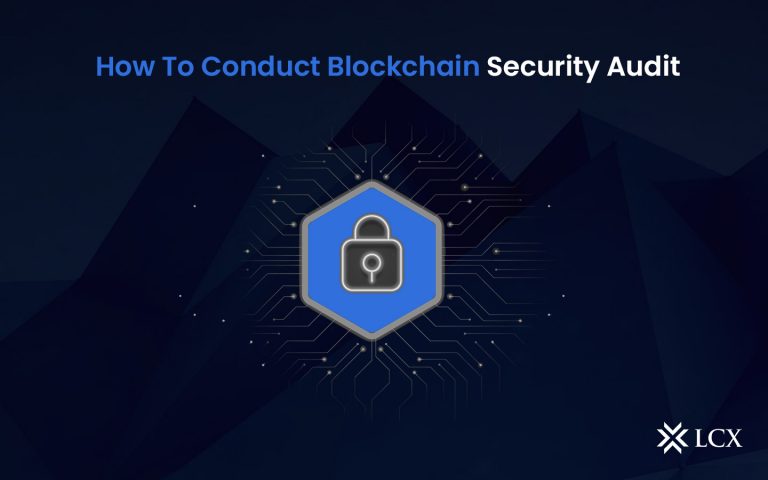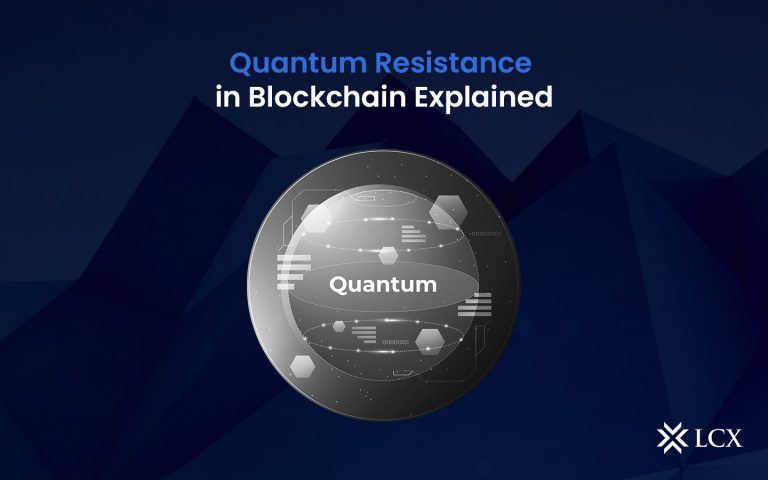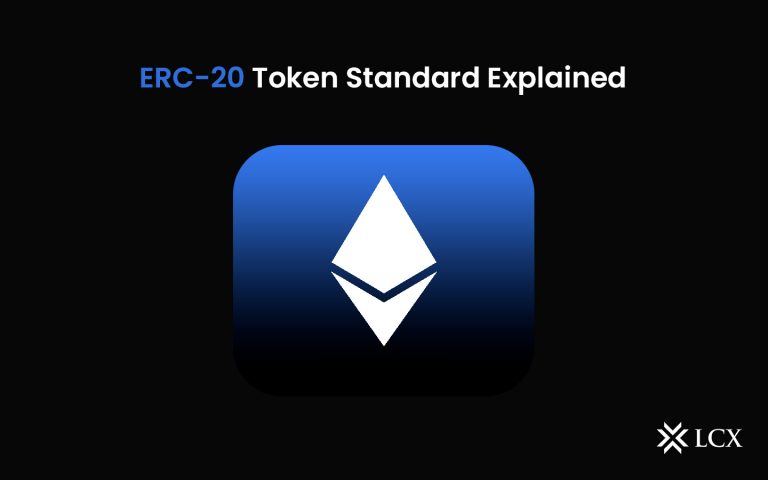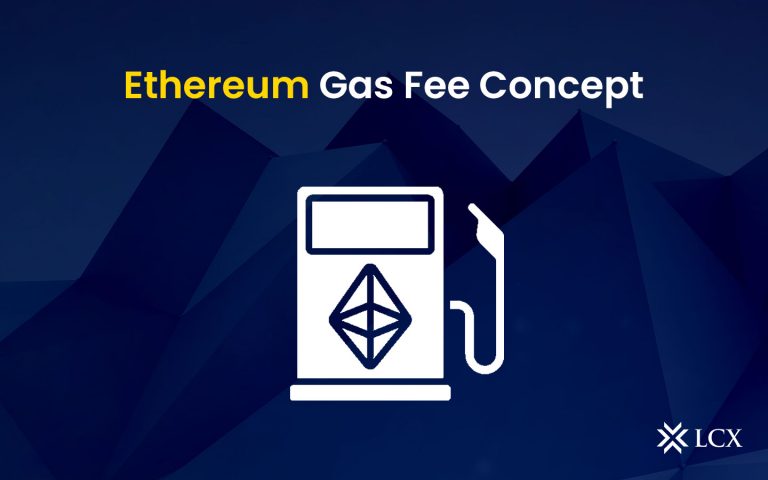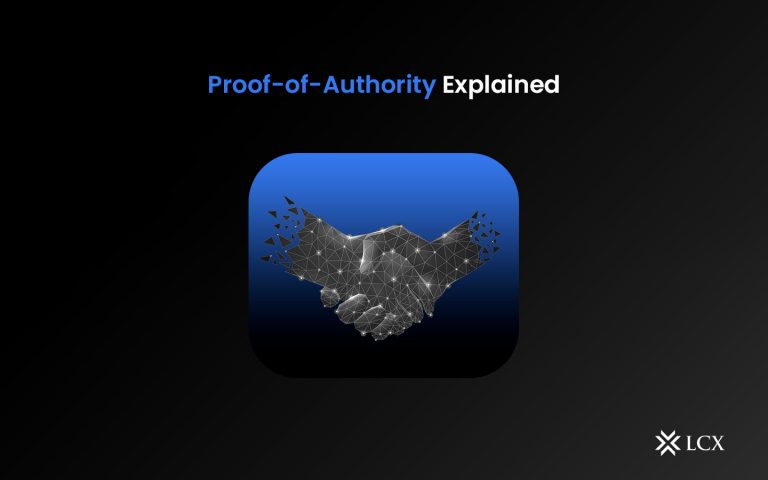NFT ticketing is redefining the event ticketing industry by offering a safe, transparent, and cost-effective method of distributing and handling tickets. Since they are stored on a blockchain, NFTs are substantially more difficult to counterfeit or replicate than traditional tickets. This reduces the possibility of fraud and forged tickets by enabling event organizers to verify that only genuine reservations are used to gain entry.
In terms of ticketing, NFT additionally allows for more flexibility and scalability. Event planners may issue NFTs for different elements of an event, such as VIP or general-entry tickets. Furthermore, they can provide information such as seat numbers as well as access to premium content. This may conserve both time and money by simplifying the ticketing process.
Challenges Faced by the Traditional Ticketing System
The unauthorized sale of tickets
Illegal activity continues to plague the ticketing industry, resulting in higher prices for consumers and increased security risks for event organizers. Ticketing algorithms cause chaos by allowing individuals to buy tickets in quantity and resell them at inflated prices on other markets.
Lack of a transfer protocol
It is difficult to keep tabs on customers or exchange information outside the control of the supplier, and the absence of an exchange protocol makes secondary market deception possible. When a ticket is resold on the resale market, it no longer represents the original purchaser, whose information is held by the event organizer. Therefore, event organizers are unaware of who is in attendance. Since tickets are issued in a manner that prohibits secondary market exchanges, neither the ticket holder’s identity nor the number of times the ticket will be transferred are changeable.
Customer Confidence
A significant concern for attendees is whether or not they have purchased a legitimate ticket. On occasion, customers purchase fraudulent tickets from websites disguised as authorized ticketing industry agents, resulting in financial losses and dissatisfaction.
NFT Tickets versus Traditional Tickets
NFT ticketing and traditional ticketing are two distinct methods of event ticket management and sale. Typically, event organizers or ticketing companies provide paper or digital tickets for traditional ticketing. These tickets are typically distributed through box offices, ticketing websites, and authorized resellers. Once purchased, the ticket grants admission to the event and may only be used once.
In contrast, it utilizes blockchain technology to generate unique, non-fungible tokens that represent ownership of a particular event or experience. They are sold on digital marketplaces and can be resold, relocated, or collected after purchase. The NFT must be uploaded for authentication and verification using blockchain technology in order for the holder to obtain access to the event.
What advantages does NFT ticketing offer customers?
- Event organizers provide them with benefits and inducements.
- They are able to sell tickets to forthcoming events they cannot attend.
- They can sell collector-desirable, uncommon tickets.
- They can safely store tickets to preserve memories.
- They can participate in the community of an event organizer.
What advantages does NFT Ticketing offer event organizers?
- They can design tickets that resemble works of art and tell the narrative of an event so that users will want to accumulate them.
- They can verify the legitimacy of every ticket and its proprietor.
- They receive a portion of the earnings when an NFT ticket is resold.
- They have access to data that could be used to improve future events.
- They can efficiently distribute NFT tokens via text message or email.
Potential for NFT ticketing
A variety of variables, including player enthusiasm, technological advancements, and the competitiveness of other ticketing strategies, will determine the success of NFT ticketing. It will likely continue to gain popularity due to its numerous advantages over traditional ticketing methods.
The development of blockchain technology could make NFT tickets even more secure and transparent. Using smart contracts, for instance, may streamline the ticketing process, eradicate fraud, and ensure that only the event’s legal owner gains entry. Additionally, decentralized marketplaces may provide greater flexibility and accessibility in the delivery and sale of tickets.
NFTs can also represent memberships, subscriptions, and coupons, among other forms of access. As a result, a greater number of industries will be able to administer access in a more efficient and easy-to-use manner, expanding the applications for NFTs.
In general, the future of the NFT ticketing industry is anticipated to be bright, but it is essential to monitor trends in the market and emerging technologies. Ticketing via NFT is likely to continue evolving and adapting to satisfy the needs of event organizers and attendees.
Conclusion
NFT has prompted fundamental transformations in numerous industries, including ticketing. The first of the sectors that could be entirely disrupted by NFTs is the live event industry. Tickets companies and concert organizers should monitor this industry for forthcoming possibilities and emerging technologies that will improve live events. NFT ticketing has introduced accountability to the ticketing structure and guarantees the secondary buyer of an authorized ticket to the desired event.
